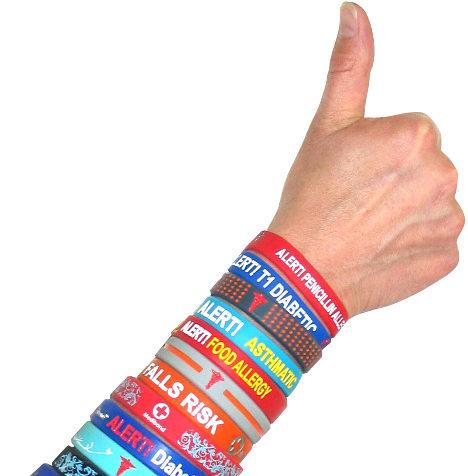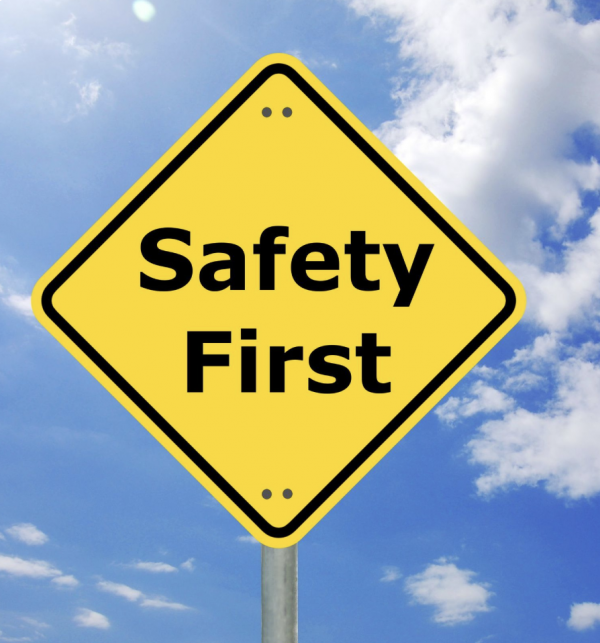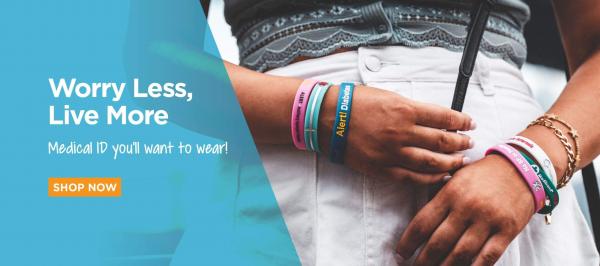Medibands & Hospital Bracelets
-
How to manage Epilepsy
Battling epilepsy is a journey that no one should have to take alone. Living with seizures affects your daily life and can take a toll on your physical and mental wellbeing. The support from your family, friends, and doctors will go a long way in making this journey easier. What is Epilepsy? Epilepsy is a chronic neurological disorder that causes... -
Understanding Blood Thinners and High Bleeding Risk
Blood clots have two faces: it can be good and can be bad in some cases. In bad cases which cause your blood stop stop flow to the importance organs on human body. And blood thinners will handle blood clots, help people get better health and overcome the big troubles can happen. Let's dive in the details of this article... -
How Medical ID's can help you in a Medical Emergency
First responders like emergency medical technicians (EMTs) and paramedics need access to a patient’s medical data in an emergency. This is especially for severely injured, confused, or unresponsive patients. Without knowing critical medical info, healthcare personnel can make mistakes in administering first aid. This can be easily prevented with the use of medical IDs. Medical IDs worn as bracelets or necklaces... -
Enjoy Outdoor Activities Without Worry
Australia, home to 516 national parks, is a gigantic playground for outdoor activities. Nestled in its expansive territory is the 335-metre Uluru, one of the world's largest rocks. It also has the biggest sand island in the world, which is none other than the 120- km Fraser Island. The Land Down Under is so massive that it has 17 World Heritage properties... -
Common Abbreviations for Medical ID Bracelets
Nearly half of Australians are suffering from at least one chronic illness. If you're among these individuals dealing with a chronic illness or allergy, it's important that anyone giving you medical help is aware of your conditions and medical history. However, if you're unconscious or otherwise unable to communicate, there's no way for them to know how to treat you. This is where a medical alert bracelet comes in. It includes essential information about you that paramedics, nurses, and doctors can read. With limited space, however, you need to make sure you use the correct medical abbreviations so there's no confusion about what you need. Keep reading to learn about some of the most common abbreviations of medical terms that can be found on a medical alert bracelet. Continue reading →





